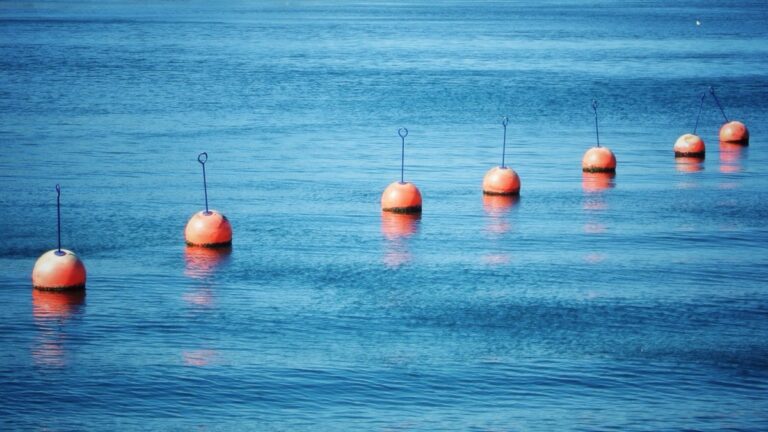More than 3 billion people worldwide rely on wild or farmed seafood for their protein intake. According to a report released last week, global aquaculture production has reached an all-time high, with 89% of aquatic animal production being used directly for human consumption. This indicates that global consumption of seafood is continuously increasing. As a result, aquaculture industry startups are using AI technology to help farmers improve productivity and sustainability.
Among them is Canada-based startup Wittaya Aqua. Its data-driven platform enables aquaculture farmers to integrate existing data points across the seafood supply chain to increase profitability, sustainability and efficiency. The company has raised $2.8 million in a seed round to further develop its feed-to-farm platform and aims to expand further into Asia, the largest aquaculture production region, after expanding to Singapore in 2023.
“Although we were founded in Canada, our vision is global and Asia is a key component… [Asia] “The region is a global leader in aquaculture production, accounting for a significant portion of the world’s seafood,” Even Hall, co-founder and CEO of Wittaya Aqua, told TechCrunch. “Southeast Asia has high production volumes, but there is huge potential to grow further through data-driven practices.”
Many countries use aquaculture, but only a few countries dominate it, including the top five aquaculture producers: China, Indonesia, Vietnam, Bangladesh and South Korea.
The startup’s platform uses AI and machine learning to power science-based models to forecast animal growth (predictive analytics) and recommend optimal feed types and amounts based on real-time data and growth projections. Machine learning algorithms analyze historical data and environmental factors to suggest strategies to maximize crop yields.
Hall, a wildlife conservation photographer, and Dominic Bureau, a professor of animal nutrition and aquaculture at the University of Guelph, co-founded Witthaya Aqua in 2017 after noticing the inefficiencies and challenges of siloed data in the industry. Hall said he also experienced firsthand the painful process of copying field notes into Excel to analyze data while working as a fisheries biologist.
Hall said aquaculture data has traditionally been fragmented and slow-moving, hindering informed decision-making. Wittaya Aqua aims to address this issue by consolidating data from different points in the supply chain (farmers, feed mills, ingredient suppliers, etc.) onto one centralized platform. Transparency across the value chain will provide data and insights that help users make better decisions at every level, according to the company’s CEO.
“The integrated view enables us to build robust, science-based models that provide actionable insights to stakeholders,” said Hall. “For example, farmers can see how feed choices directly affect growth rates and compare their performance to industry benchmarks. Similarly, feed mills can analyze how feed performs on different farms and refine feeding strategies to meet specific customer needs.”
Its users include feedstock suppliers, feed mills, farmers etc. The company says it is in the revenue generation stage and has secured several clients including Biomar, De Hus, Uni President, US Soybean Export Council, Soybean Aquaculture Alliance, Temasek Life Sciences Institute and AquaChili.
According to a report by Precedence Research, the global aquaculture market is projected to reach $355.6 billion by 2033, up from $299 billion in 2023.
The company competes with farm management solution providers such as Fieldin, Taranis, eFishery, Victory Farms, Atarraya and AquaEasy. What sets Wittaya apart is that its platform combines nutritional information with field performance, which means the company can model the impact of different feed ingredients on animal performance, which is unique, Hall says. Additionally, the company works with a variety of fish species in different regions, from mainstream commercial fish like salmon, shrimp, tilapia and pangasius to niche fish like grouper and snapper. This is different from most companies that focus on a single fish species and a single region.
Longer term, Witthaya plans to pursue a two-pronged approach to usher in a new era of financial stability for farmers. First, it aims to mitigate the credit and insurance risks associated with producer mortality by providing powerful data and insights. Second, it wants to connect users with lenders and insurers that can offer customized financial products, Hall said.
The organization has 16 staff members in Canada and Singapore.


